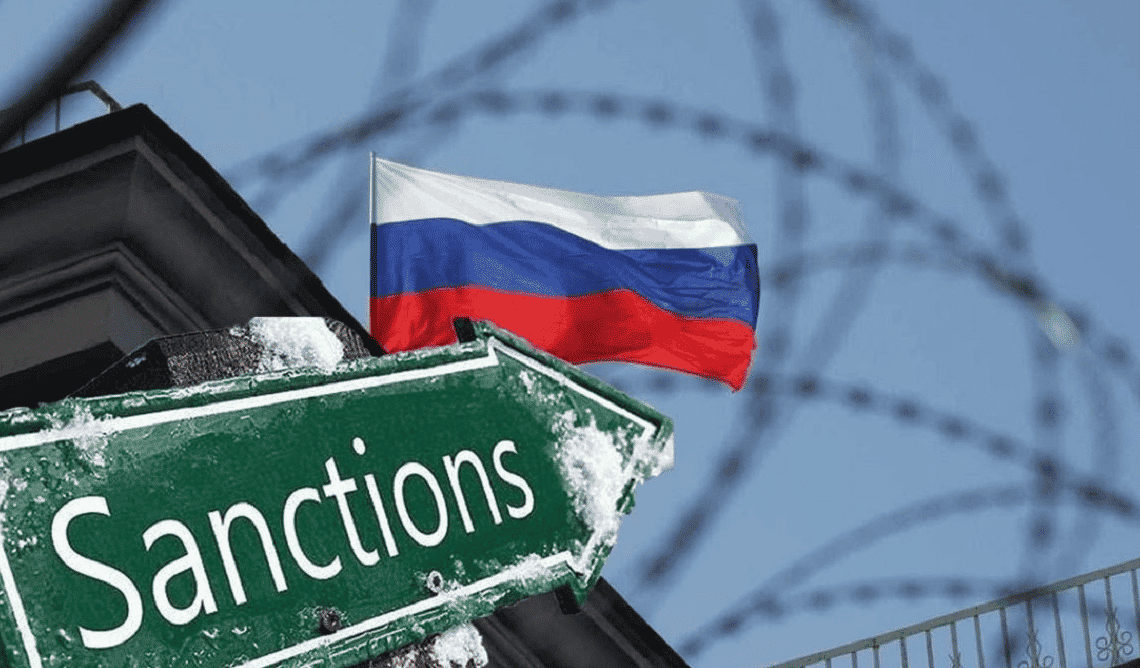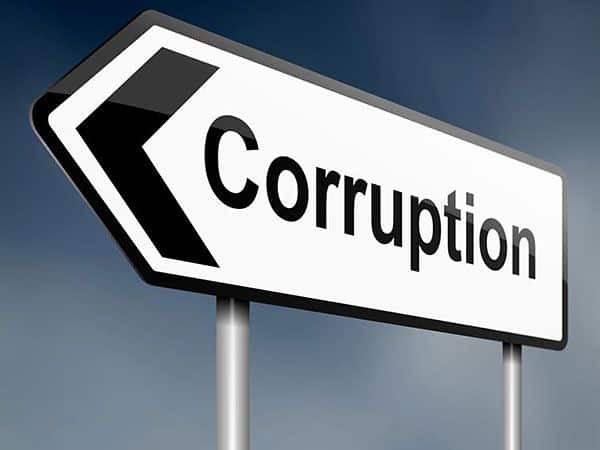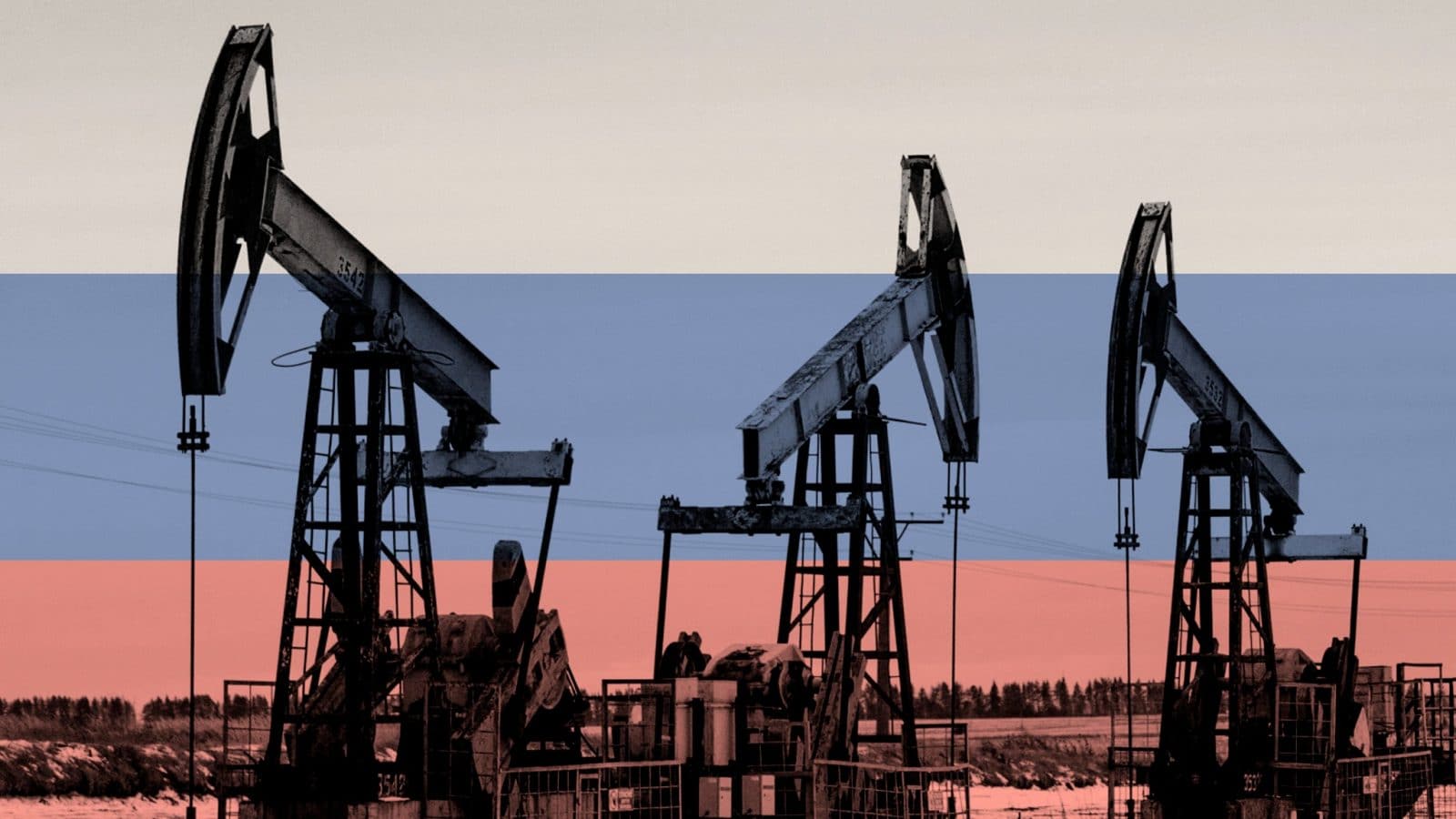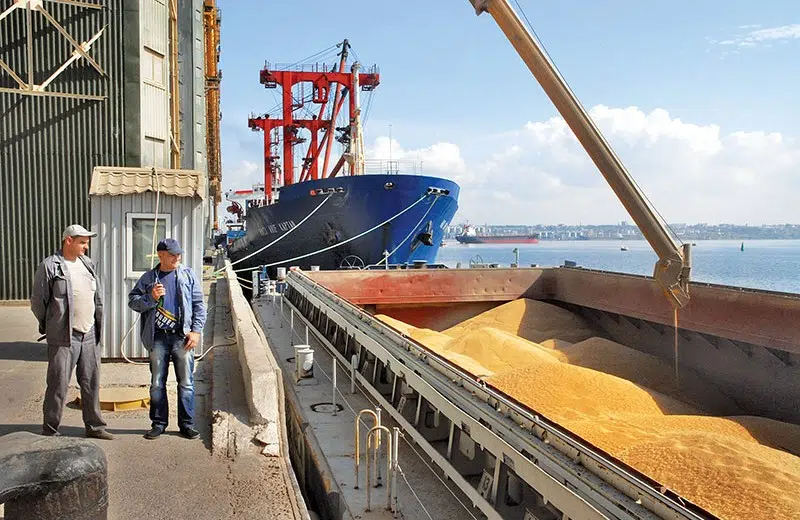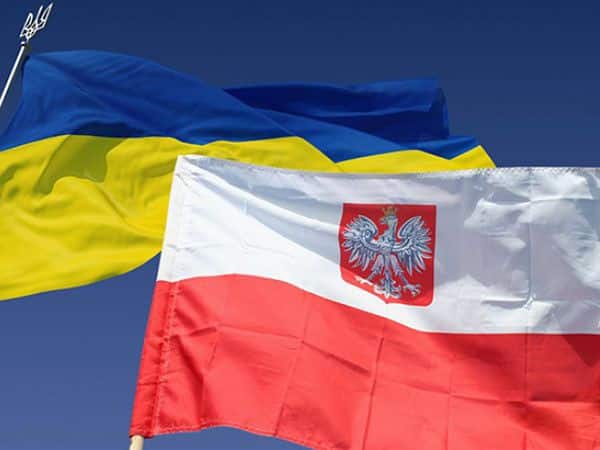Table of Contents
After the start of full-scale war and the mass withdrawal of international companies from the Russian market, the visit of Ukrainians to stores became reminiscent of an episode from the TV series In a Better World: how to buy a chocolate bar without sponsoring terrorism.
According to data from the KSE Institute, out of nearly 1,500 large foreign corporations that were operating in Russia before February 24, 2022, approximately 600 not only continue to operate but also reject any scenarios of withdrawal in the future.
The most persistent ones end up on the list of international sponsors of war compiled by the National Agency on Corruption Prevention (NACP). This creates problems for them because consumers are starting to boycott them.
What alternatives do they have?
Sweets
On May 25, the National Agency on Corruption Prevention (NACP) blacklisted Mondelez, and a week later, Scandinavian retailers, hotels, and airlines launched a real boycott against it. Well-known brands such as Oreo cookies, Lux chips, Dirol chewing gum, Milka chocolate, and Toblerone came under attack by partners and consumers.
Mondelez does not want to leave Russia. In 2022, the company increased its revenues in Russia by 45% to $1.4 billion.
Its largest factory in Ukraine, located in Trostianets, Sumy Oblast, was looted and destroyed by Russian military at the beginning of the full-scale war. As a result, the revenue of the Ukrainian office plummeted by almost half to 4 billion UAH.
However, other major confectionery manufacturers also mostly delay their withdrawal from Russia.
For example, Mars company (Bounty, Mars, Twix, M&M’s) not only operates in a country that sponsors terrorism but also increased its revenue by 20% to $2.6 billion in 2022. Ferrero (Nutella, Ferrero Rocher, Kinder) saw a 15% increase in revenue to $743 million.
Nestle (Nesquik, KitKat, Haagen-Dazs, Movenpick, Nestea, Nescafe), the largest among the companies that decided to stay in Russia, has not disclosed the financial results of its Russian subsidiary for 2022.
Currently, the story involving Mondelez has gained significant publicity. Perhaps it will serve as an example for its competitors.
Personal hygiene
Just like food manufacturers, conglomerates producing personal hygiene products in order to continue operating in Russia are using humanitarian needs as a cover.
Many of them have stated that they will supply essential goods to Russia. These companies refer to them as basic goods, even when they do not meet medical needs.
In 2022, The Wall Street Journal reported on the “essential” products sold in Russia by corporations such as Unilever and Procter & Gamble: Inmarko ice cream, cosmetics “Chernyy Zhemchug” (Black Pearl), “Chistaya Liniya” (Clean Line), and “Barkhatnye Ruchki” (Velvet Hands), as well as Gillette blades.
Apparently, companies are selling a significant number of “basic” products. Unilever (Dove, Rexona, Domestos) increased its revenue by 4% to $1.2 billion in 2022. Procter & Gamble (Ariel, Tide, Always, Gillette, Braun, Old Spice, OralB) saw a 7% decrease in turnover, but it remains substantial at $2.23 billion.
However, the majority of companies have decided to wait it out. They have reduced their production volume in the market but have left a window for a swift return to the market.
These include the conglomerates Kimberly-Clark (Kleenex, Huggies, Kotex), SC Johnson (Glade, Mr Muscle, Off!), Johnson & Johnson (Clean & Clear, Neutrogena, Listerine), Colgate-Palmolive (Colgate, Palmolive, Elmex), and Reckitt (Air Wick, Calgon, Durex, Vanish, Strepsils, Nurofen).
So far, only German Henkel (Schwarzkopf, Syoss, Persil) has agreed to sell its Russian assets.
Computers and more
Like Mondelez, Xiaomi has been included in the list of international sponsors of the war by the National Agency on Corruption Prevention. Throughout 2022, the company doubled its market share and is the leader in smartphone sales in Russia. In July 2022, Xiaomi and its sub-brand POCO together held a 42% share of the Russian smartphone market and actively recruited staff.
As a result, the company’s revenue increased from $231 million to $302 million in 2022. Other well-known competing brands did not indulge in such brazenness: they either closed their offices or maintained their existing services.
Cosmetics
Another international sponsor of the war is the cosmetics manufacturer Yves Rocher, one of the most well-known Western companies that refused to boycott Russia and cease its operations there. In 2022, the company increased its revenue by a few percentage points to $104 million.
L’Oreal is another deceitful company (owning a wide range of brands, from luxury to mass-market segments: Garnier, Maybelline, NYX Cosmetics, Kiehl’s, Lancôme, CeraVe). Initially, they announced the temporary closure of stores in Russia, but later the company’s brands took advantage of other companies’ withdrawal, and the conglomerate’s operations in the Russian market continued. This is evident from the company’s financial results: in 2022, its revenue only dropped by 2% to $880 million.
A number of other companies operating in this market have also taken a similar approach, including Procter & Gamble. Some companies that are waiting and downsizing their operations have incurred minimal losses. For example, German company Beiersdorf (Nivea) only experienced a 6% decrease in revenue to $217 million.
Cars
In 2022, nearly 80% of the new car market in Russia was captured by Chinese brands. This happened after global companies either left or suspended their operations in the country.
However, among them, there are outliers that cling to the Russian market, such as the Japanese brand Suzuki. Despite 15 months of war in Ukraine, it has failed to even announce its plans.
See also: Games around oil: will Russia lose from the OPEC+ decision?
However, both it and other global brands have significantly reduced their revenues. Sometimes this was deliberate, and sometimes companies were forced to stop deliveries to local plants due to logistical problems faced by the isolated Russian economy. Ford, Nissan, Volkswagen, Renault and some other manufacturers have already sold their Russian plants.
Banks
The Austrian bank Raiffeisen Bank and the Hungarian bank OTP Bank in Russia are also on the list of international sponsors of the war.
According to the National Agency on Corruption Prevention (NACP), the Russian branch of Raiffeisen Bank International not only operates in Russia and sponsors terrorism but also offers credit holidays to Russians fighting in Ukraine. In 2022, the bank paid taxes to the Russian budget that were 4.8 times higher than for the entire pre-war year.
The Hungarian bank OTP Bank not only officially recognizes the so-called DPR and LPR (self-proclaimed separatist territories in Ukraine) but also provides preferential loan conditions to Russian military personnel.
Other subsidiaries of international banks are either significantly reducing their operations or seeking buyers for their assets. So far, the French bank Societe Generale is the only one that has definitively left Russia.
Methodology
Economichna Pravda (Ukrainian media outlet) chose 5 major consumer sectors for the experiment: sweets, automobiles, personal hygiene, cosmetics, electronics, and banks. In each sector, the editorial team selected one company as a “reference point” — a company that continues to operate in Russia and is included in the list of international sponsors of the war by the National Agency on Corruption Prevention (NACP).
Originally posted by Dana Hordiychuk on Economichna Pravda, translated and edited by the UaPosition – Ukrainian news and analytics website

